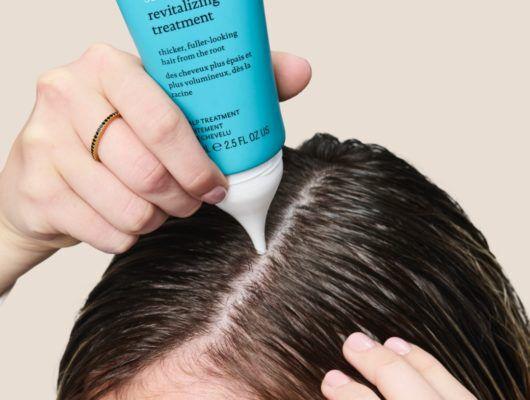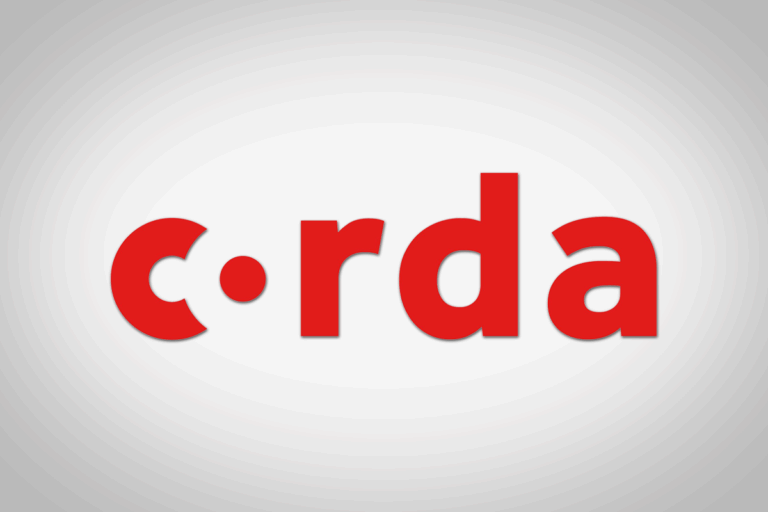How to Quickly Address Dry Scalp Concerns
Addressing dry scalp issues promptly involves understanding the underlying cause and tailoring treatment accordingly. Here are potential treatments for various conditions associated with dry scalp:
- Dermatitis:
- Moisturize your scalp regularly.
- Consider using products containing salicylic acid or dandruff shampoos.
- Prescription options may include corticosteroids, antihistamines, emollients, or biologics.
- Scalp Psoriasis:
- Treatments may include corticosteroids, salicylic acid, or medicated shampoos.
- Your doctor might prescribe medications like Calcipotriene (Sorilux, Dovonex), Tazarotene (Tazorac), coal tar, light therapy, or biologics.
- Dandruff:
- Use over-the-counter or medicated dandruff shampoos.
- Follow specific instructions on shampoo usage.
- Ingredients like ketoconazole and pyrithione zinc are common in OTC options.
- Other Causes:
- Address underlying factors like dehydration or exposure to cold air, hot water, heat, or chemical products.
- Seek medical advice if symptoms persist or worsen, affecting daily life or causing discomfort.
Less common causes such as scalp ringworm (Tinea capitis) or Actinic keratoses (AKs) may require specific medical treatments like antifungal medication or removal procedures.

How to Naturally Treat Dry Scalp
Dealing with a dry scalp? Consider these natural remedies for relief:
- Coconut oil: Known for its moisturizing properties, coconut oil can hydrate the scalp and reduce the risk of infections due to its antifungal and antibacterial properties.
- Tea tree oil: With strong antiseptic, antifungal, and antibiotic properties, tea tree oil is effective in relieving dry scalp symptoms, commonly found in dandruff shampoos.
- Aloe vera: This plant has anti-inflammatory properties that can soothe skin irritation and acts as an effective moisturizer for the scalp.
- Apple cider vinegar: Its antimicrobial and anti-inflammatory properties can eliminate bacteria or fungi causing itchiness while exfoliating the scalp.
- Witch hazel: Often used in anti-itch products, witch hazel decreases inflammation and offers astringent properties to soothe dry scalp symptoms.
- Baking soda and olive oil: A mixture of moisturizing olive oil and antifungal baking soda can effectively treat dry scalp and dandruff.
- Bananas: When mashed, bananas offer moisturizing properties, making them a natural remedy for dry scalp and dandruff.
- Yogurt and eggs: Soothing yogurt can exfoliate while the fat and protein in eggs nourish and protect the scalp.
- Jojoba oil: Known for its moisturizing and anti-inflammatory properties, jojoba oil can quickly relieve dry scalp.
- Avocado: Rich in fatty acids, avocado moisturizes and protects the scalp, promoting skin health.
Risks and Side Effects
Using home remedies for dry scalp is generally safe. However, when using essential oils like tea tree oil, always dilute them with a carrier oil like coconut or olive oil to avoid skin irritation. Perform a patch test before using any new product, especially essential oils, to prevent allergic reactions.
Remember, essential oils vary in purity and quality, so choose a reputable brand. If you have open wounds or sores on your scalp, consult a doctor before applying any oils or home remedies to prevent irritation or infection.




